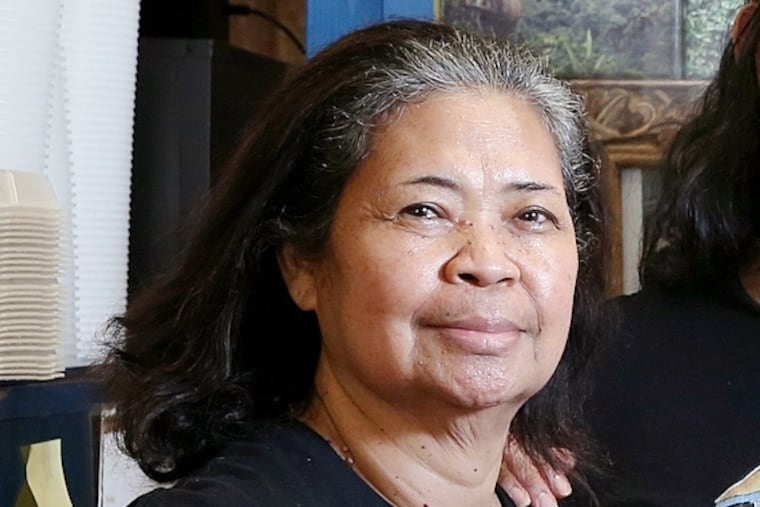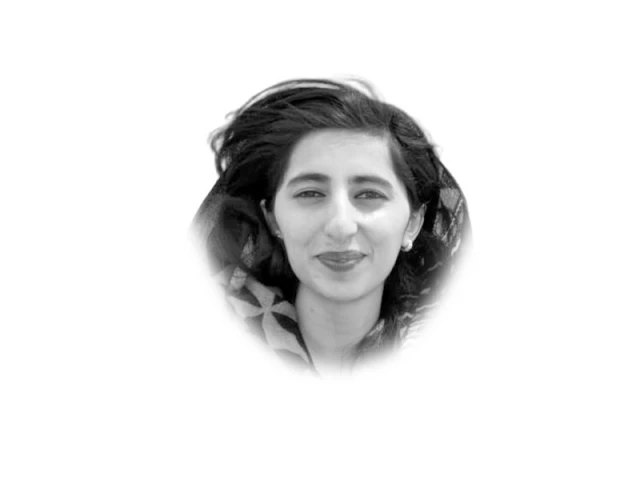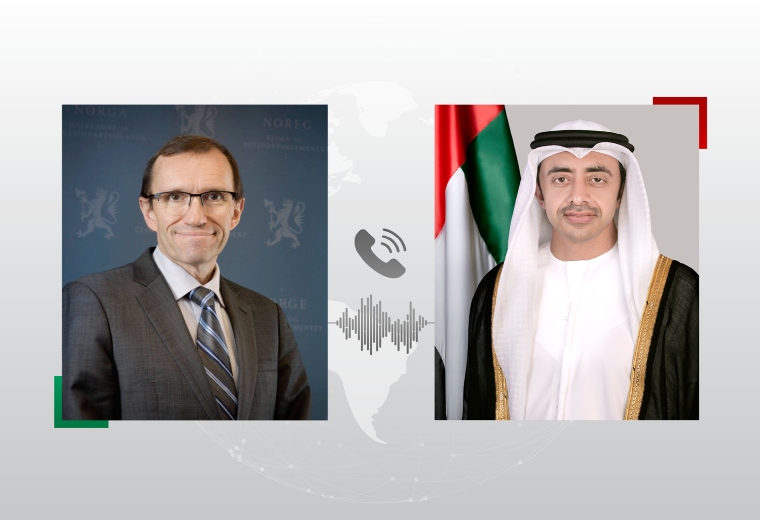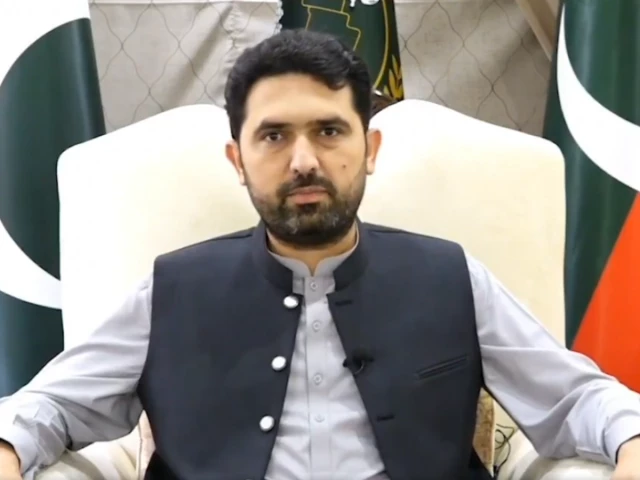Betelgeuse is the star that everybody can’t wait to see blow up, preferably sooner than later. That’s because it’s a red supergiant on the verge of becoming a supernova and there hasn’t been one explode this close in recorded human…
Author: admin
-
Signs of ancient life turn up in an unexpected place
Boulder, Colo., USA: Dr. Rowan Martindale, a paleoecologist and geobiologist at the University of Texas at Austin, was walking through the Dadès Valley in the Central High Atlas Mountains of Morocco…
Continue Reading
-

Ena Widjojo, owner and longtime celebrated chef at Hardena in South Philadelphia, has died at 73
Ena Widjojo, 73, of Philadelphia, owner and longtime celebrated chef at the Hardena restaurant in South Philadelphia, mentor, and mother, died Wednesday, Dec. 24, of cancer at her home.
Born and reared in Java, Indonesia, Mrs. Widjojo came to the…
Continue Reading
-

Amendment 37: New Opportunity: C.12 Foundational Artificial Intelligence for the Moon and Mars
C.12 Foundational Artificial Intelligence for the Moon and Mars (FAIMM) is intended to enable individual researchers to participate as members of teams who are designing science and exploration applications for large, general artificial…
Continue Reading
-

A locked region and its trapped voices
Kashmir is an Orwellian “locked room” where dissent is met with systemic repression
The writer is a researcher from Azad Jammu and Kashmir. She tweets at @maryumtaimoor
…Continue Reading
-

Chanticleers Open Two-Game Road Trip At Marshall
CONWAY, S.C. — Coastal Carolina will open a two-game Sun Belt road trip Wednesday night with a visit to Huntington, W.Va., to face Marshall at the Cam Henderson Center.The Chanticleers (9-9, 2-4 SBC) are coming off one of their most complete…
Continue Reading
-
Why Iran’s clerical establishment still holds as protests rage – Reuters
- Why Iran’s clerical establishment still holds as protests rage Reuters
- Jeremy Bowen: Authoritarian regimes die gradually then suddenly, but Iran is not there yet BBC
- Why Iran is not repeating 1979 Al Jazeera
- With thousands dead, the Iranian…
Continue Reading
-

Do their ears hang low? The genetics of dogs’ adorable floppy ears
Evolution and breeding have wrought a wide variety of ear lengths in our canine companions.Credit: Getty
A gene that is important for human hearing could determine whether a dog’s ears are pendulous like a basset hound’s or stubby like a…
Continue Reading
-

Abdullah bin Zayed, Norwegian FM discuss enhancing bilateral relations
Tue 13/1/2026Minister News
Abdullah bin Zayed, South African Minister of International Relations & Cooperation discuss enhancing ties
H.H. Sheikh Abdullah bin Zayed Al…
Continue Reading

